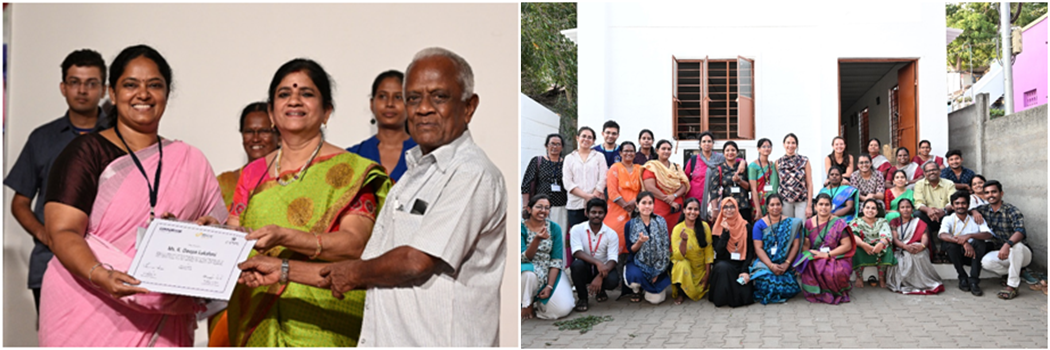
- Home
- Our Vision
- Leadership Team
- ICPH Services
- Public Health Desk
- COVID-19 Response
- Nurturing the Spiritual Development of Children
- Toolkit poster
- A concise summary of the workshop
- Overview of Educator’s Training
- Presentations from the India Team
- Classroom Implementation – Observation Analysis at Bala Shanti Kendra’s
- Overview of Bala Shanti Children’s Parent Sessions
- Glimpses from the Educator’s Dairy
- Reflection of the Focal Lead in India
- India Photo Gallery










